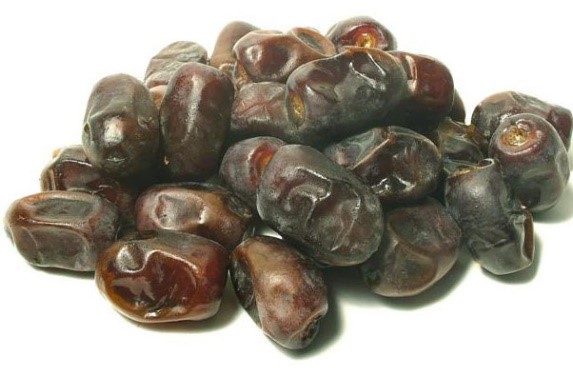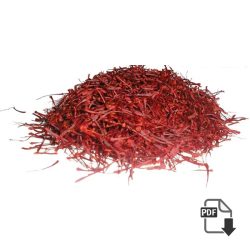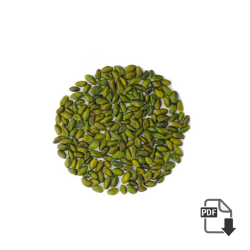Comprehensive Guide
Why Export Peanuts?
Peanuts, also known as groundnuts, are a highly versatile and nutritious legume that enjoys global popularity. With their rich flavor, high protein content, and numerous culinary uses, peanuts have become an essential commodity for export markets. As a buyer or exporter, understanding the best types of peanuts for export can help you meet market demands, maximize profitability, and satisfy your customers’ preferences. This guide outlines the top varieties of peanuts for export, highlighting their unique characteristics and uses.Best Types of Peanuts for Export

Top Varieties of Peanuts for Export
1. Runner Peanuts
Runner peanuts are the most popular type for export, particularly in the United States. Known for their uniform size and excellent flavor, they are primarily used for making peanut butter and snacks. Runner peanuts have a high oil content, which contributes to their creamy texture and rich taste, making them ideal for peanut butter manufacturers. With their consistent quality and great taste, runner peanuts are a reliable choice for exporters looking to cater to the food processing industry. Best Types of Peanuts for Export
2. Virginia Peanuts
Virginia peanuts are characterized by their large, plump kernels and crunchy texture. They are primarily grown in the southeastern United States, particularly in Virginia and North Carolina. Due to their size and flavor, Virginia peanuts are often used for gourmet snacks, such as roasted peanuts and peanut brittle. Their robust flavor and appealing appearance make them a premium choice for export, especially for markets focused on high-quality snacks. Additionally, Virginia peanuts are well-received in international markets due to their reputation for excellence.
3. Spanish Peanuts
Spanish peanuts are smaller and rounder than runner and Virginia varieties, making them ideal for producing snacks and confections. They have a higher oil content and a distinct flavor that enhances their appeal in roasted and salted products. Commonly used in peanut candies and snacks, Spanish peanuts are favored in markets that appreciate their unique taste and texture. Their versatility and robust flavor profile make them a valuable option for exporters targeting specialty food markets.
4. Valencia Peanuts
Valencia peanuts are known for their sweet flavor and rich, creamy texture. They are typically smaller and come in clusters of three to five kernels, making them ideal for gourmet products and organic markets. Valencias are primarily grown in New Mexico and are often used for natural peanut butter, snacks, and specialty products. Due to their organic farming practices and unique flavor, Valencia peanuts are gaining popularity in health-conscious markets, making them a valuable choice for exporters focusing on premium products.
https://www.irandriedfruit.com/does-peanut-butter-have-sugar/
Key Factors to Consider When Exporting Peanuts
1. Quality Standards
When exporting peanuts, adhering to quality standards is crucial. Buyers look for peanuts that are free from defects, mold, and foreign materials. Ensuring high-quality products will build trust with your clients and enhance your reputation in the market. Consider sourcing from reputable farms and conducting regular quality checks to maintain product integrity.
2. Packaging and Labeling
Proper packaging and labeling are essential for successful peanut exports. Use high-quality packaging that preserves freshness and protects the peanuts from moisture and pests. Clear labeling that complies with international regulations helps in gaining customer trust and ensures smooth customs clearance. Include nutritional information, sourcing details, and certifications to enhance market appeal.
3. Market Research
Conducting thorough market research is vital for understanding the preferences and demands of your target markets. Different regions may have specific preferences for peanut varieties, preparation methods, and packaging styles. By identifying market trends and customer needs, you can tailor your export strategy and increase your chances of success.
other products
-
Whole dried apricot Special wholesale price + analysis + sale offer
This variety is very sweet with an orange color. Sulfur is added to whole dried apricots in order to maintain the natural color, prevent bug infestation, and increase preservation.
-
Dried lime Powder
Dried Lime: Producer area: Fars, Hormozgan How to store: Fresh dried lime is in mustard color and sour taste. Dried lime in big size and darker color is the one with high quality. It can be stored in dry place…
-
Dried Prune
Since time immemorial, dried plume has been reputed for its anti-conception properties. However its benefits have gone beyond this. Wishing to lose some weight, we highly recommend you to put dried plume to your diet, either in your food or…
-
Sargol Saffron | most economical saffron for import
Sargol Saffron | most economical saffron for import : sargol saffron consists only of Dark Red Stigma (thread) Tips. So. in other words all the white and orange parts are removed. This saffron is the second most expensive type of…

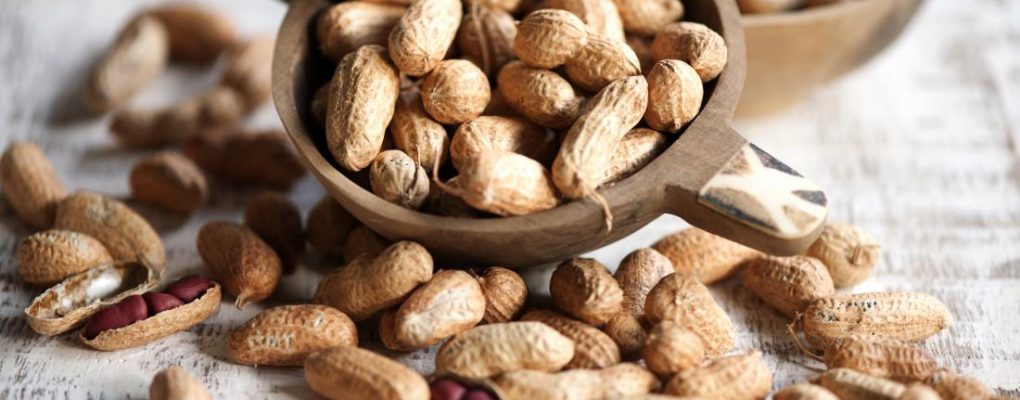
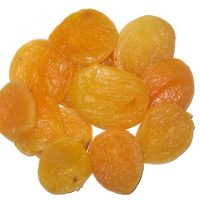
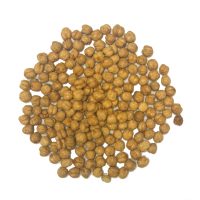
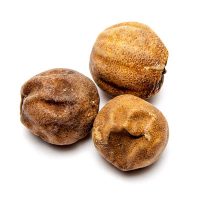
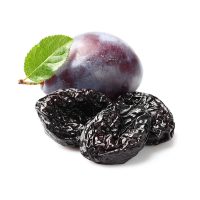
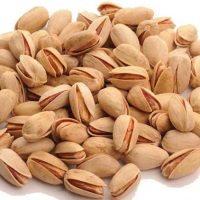
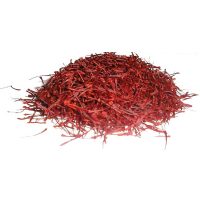
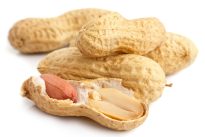

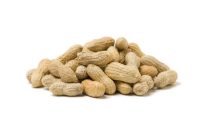
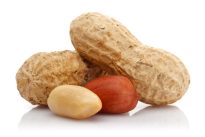
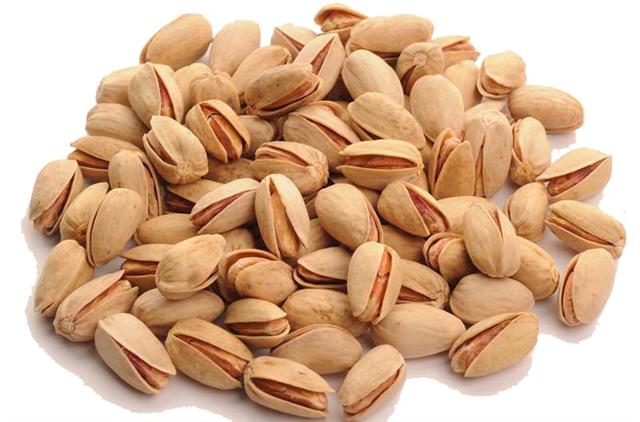
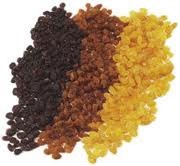 3 kind raisin
3 kind raisin 